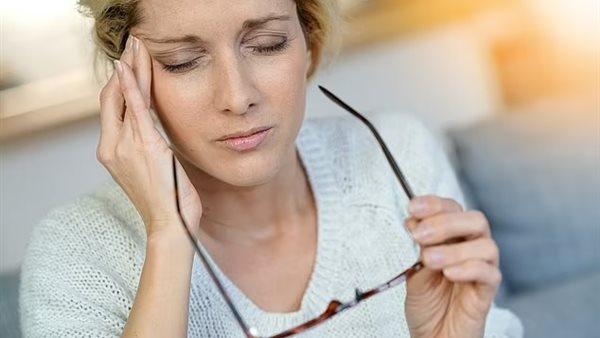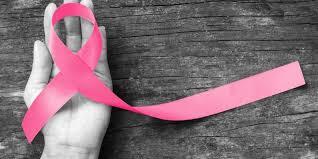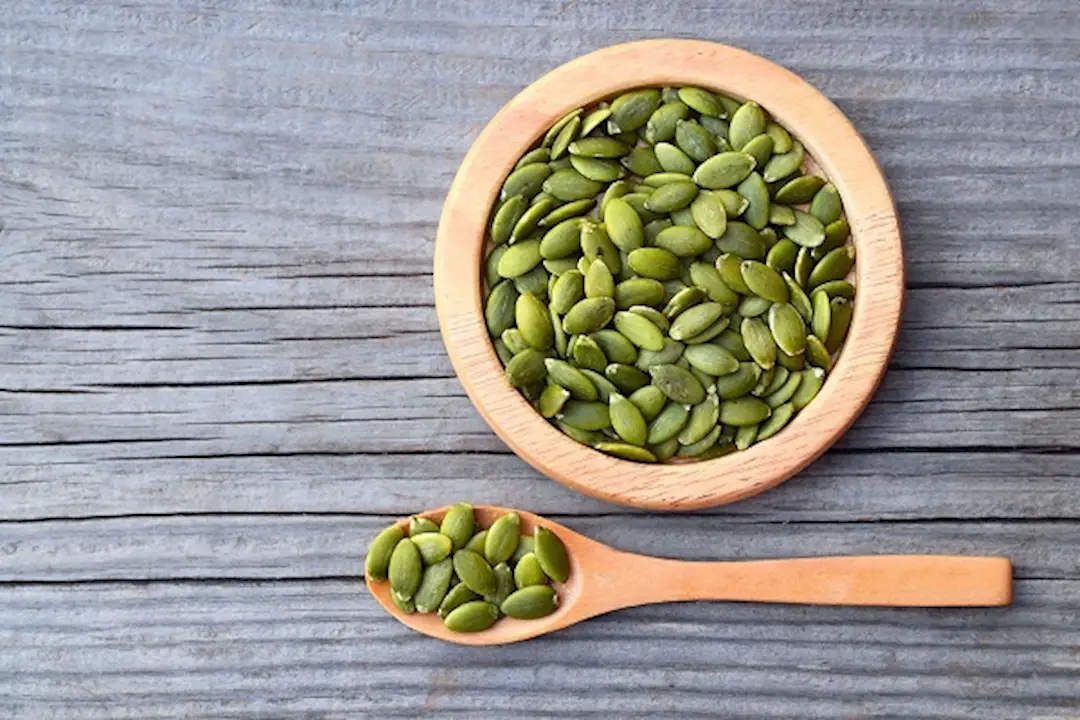Causes of Stroke in Postmenopausal Women
Hormonal decline, cholesterol imbalance, and insulin resistance increase stroke risk in postmenopausal women.

After menopause, women face a higher risk of stroke due to hormonal and metabolic changes that weaken blood vessel function. Studies show that one in five women aged 55 to 75 may experience a stroke.
Estrogen Decline
The drop in estrogen removes its protective effects on the heart and blood vessels. This leads to arterial stiffness, high blood pressure, and reduced blood flow to the brain, increasing the risk of clot formation and stroke.
Cholesterol Changes
Menopause causes a drop in HDL (good cholesterol) and a rise in LDL (bad cholesterol). This imbalance accelerates plaque buildup in arteries and raises the likelihood of ischemic stroke.
Inflammation Rise
Low estrogen levels trigger inflammation and enhance platelet activity, promoting the formation of blood clots that can block cerebral arteries.
Insulin Resistance and Weight Gain
Many postmenopausal women develop abdominal obesity and insulin resistance, which increase the risk of diabetes and heart disease—two major contributors to stroke.
Prevention
Adopting a balanced diet, regular physical activity, avoiding smoking, and monitoring blood pressure, cholesterol, and glucose levels can greatly reduce stroke risk after menopause.
لو بتدور على أفضل دكتور أسنان في وسط البلد، تعرف على د. أحمد خالد أبو زيد أحد أشهر أطباء الأسنان في القاهرة، خبرة طويلة في تجميل وعلاج الأسنان بأحدث التقنيات.
تتزايد الإصابات بسرطان الثدي بين النساء حول العالم، ليس فقط بسبب العوامل الوراثية، بل نتيجة لأنماط الحياة الحديثة والعادات غير الصحية التي تُضاعف خطر المرض.
مأساة في الأردن بعد وفاة طفل صغير نتيجة لدغة ذبابة الرمل السوداء، وتحذيرات من خطرها القاتل ودورها في نقل الأمراض.
دراسات حديثة تكشف أن بذور اليقطين ليست مجرد وجبة خفيفة، بل علاج طبيعي شامل يحارب الاكتئاب، ويعزز نمو الشعر، ويحافظ على صحة القلب والعظام والمناعة.




